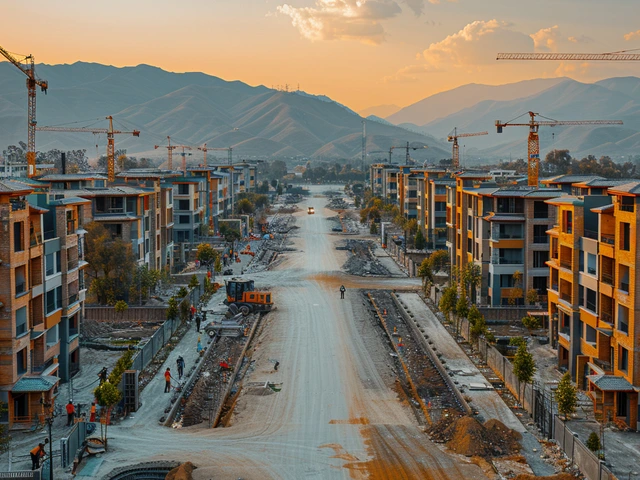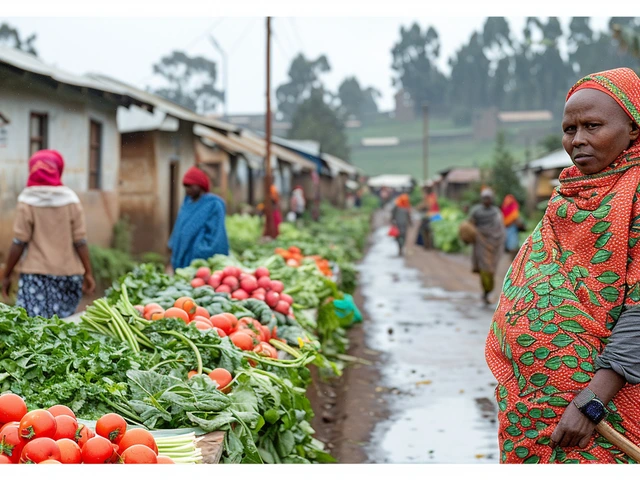Wages in Ethiopia 2024: What to Expect, Earn, and Watch For
Salaries in Ethiopia are on everyone’s mind right now. If you’ve ever wondered what people are really earning, which jobs pay well, or how the cost of living stacks up in 2024, you’re not alone. This page breaks down the real picture—no jargon, just facts and honest advice.
The gap between top earners and average workers is clear. In big cities like Addis Ababa, professionals in banking, telecom, and IT see higher paychecks, often above 20,000 ETB per month for managers or skilled specialists. Teachers and pharmacists are earning closer to the national average; for teachers in 2024, think between 6,000 and 12,000 ETB monthly, depending on experience and location.
Minimum wage laws are still a hot topic. Official numbers haven’t changed much, and there’s no nationally enforced base salary. Most entry-level jobs in shops or small offices range from 2,500 to 5,000 ETB per month. Those working for international NGOs or growing tech firms may find better deals, sometimes double or triple typical rates.
If you’re thinking about moving to Ethiopia for work or investing, knowing about rent and daily expenses matters. In Addis, renting a small apartment can cost anywhere from 6,000 to 15,000 ETB depending on the area. Groceries and transport are still affordable by global standards, but prices have climbed over the past year, chewing into monthly salaries.
Want to make more? Online work is getting bigger. People are joining freelancing sites, launching e-commerce, or teaching languages online. It’s not a quick win, but with patience and fast internet, some are earning what local jobs pay, or even more. There’s also a push for entrepreneurship—new business ideas in food, logistics, and tech are cropping up, and some are already seeing profits.
Ethiopia’s wage landscape is more than numbers. Gender and location also play major roles in opportunity and pay. Rural regions typically offer lower salaries, while men still out-earn women for similar jobs in many sectors, though talented women in sectors like entrepreneurship are breaking new ground.
For those working in education or healthcare, pay reviews in 2024 haven’t brought major jumps, but private clinics, international schools, and aid organizations are still paying above average. If you’re in construction or real estate, 2024 feels promising—rents, property deals, and housing projects are all up, which brings both higher wages and higher living costs.
Thinking about switching careers or looking for the best earning options? Top-paying jobs in Ethiopia for 2024 include IT specialists, engineers, consultants for NGOs, and financial analysts. Meanwhile, wage increases have to keep up with the rising cost of food, rent, and transportation.
The Ethiopian economy is growing but changing fast. If you want to get ahead, follow salary trends, ask about pay openly, and look for ways to add digital skills to your toolkit. This is the real deal on wages in Ethiopia for 2024—check out the latest articles and guides here to stay one step ahead on your income journey.





